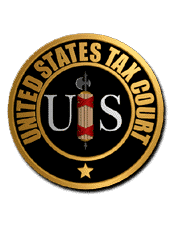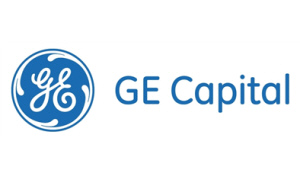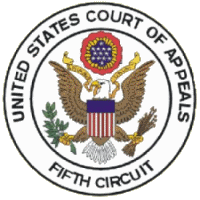 The Tax Court affirmed the proposition that a conservation easement is still a Congressionally sanctioned charitable contribution under IRC §170(h). Conservation easements and the corresponding charitable contribution deduction for the donation of such easements have been a topic of heightened scrutiny by the IRS in recent years. So much so, that we might have forgotten that there is a legitimate basis in public policy for this deduction.
The Tax Court affirmed the proposition that a conservation easement is still a Congressionally sanctioned charitable contribution under IRC §170(h). Conservation easements and the corresponding charitable contribution deduction for the donation of such easements have been a topic of heightened scrutiny by the IRS in recent years. So much so, that we might have forgotten that there is a legitimate basis in public policy for this deduction.
In Butler v. Commissioner, the IRS sought to disallow deductions related to conservation easements that protected thousands of acres of undeveloped rural property and impose penalties upon the donors who made the contribution. The Tax Court, however, found for the taxpayers on the validity of the qualified conservation contributions, made some adjustments to the valuation of the properties based on the testimony of several experts, and dismissed the penalties.
For those interested in the mechanics of tax litigation, Butler is instructive on two additional points. First, the petitioners prevailed in shifting the burden of proof to the government on select issues under Section 7491(a) – a feat more often considered than accomplished. Second, the court ruled on the admissibility of an expert report prepared by an expert who died before the trial began. Petitioners sought to have the deceased expert’s report admitted as evidence of fair market value, invoking alternative exceptions to the hearsay rule under Federal Rules of Evidence 804(b)(1) and 807. The court denied petitioners’ requests but admitted the report for the limited purpose of establishing reasonable cause to avoid penalties under Section 6664.
Read the opinion here:
Butler v. Commissioner, T.C. Memo. 2012-72





